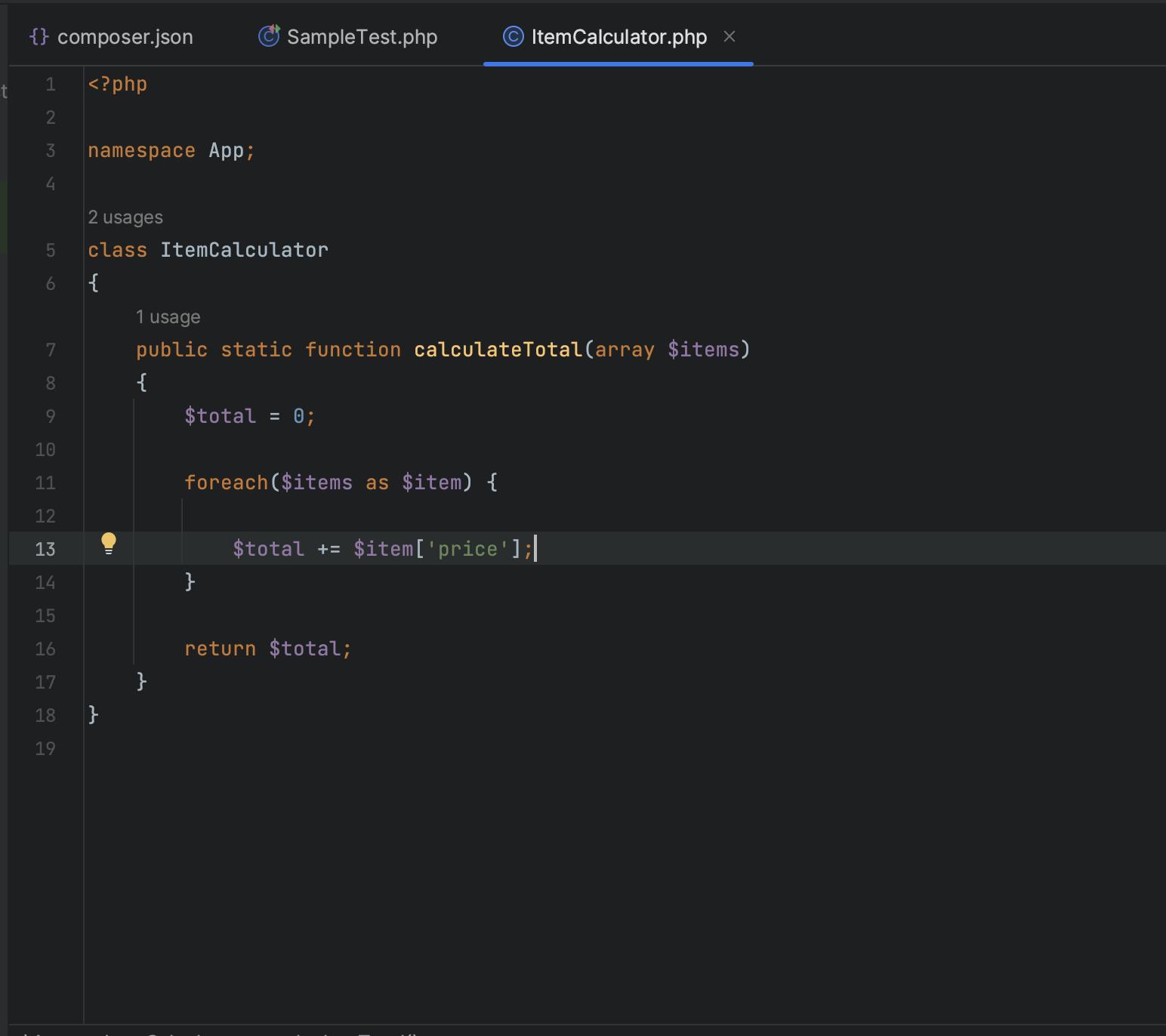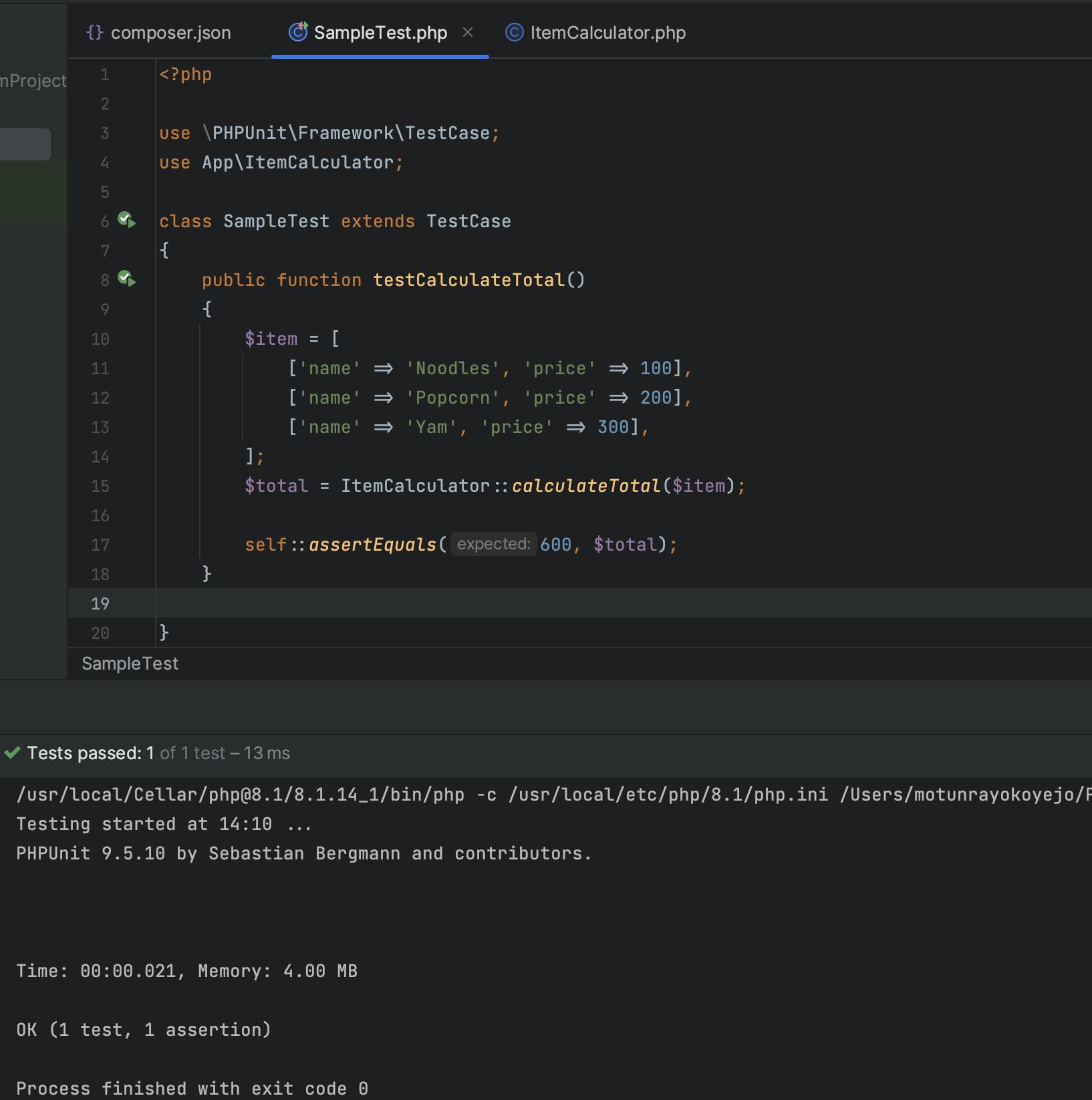Unit testing is a software testing technique that involves testing individual units of code in isolation. A unit of code is typically a function, method, or small piece of functionality that performs a specific task. Unit tests are automated, meaning that they're written in code and can be run automatically by a testing framework.
The purpose of unit testing is to verify that individual units of code behave as expected. By testing each unit of code in isolation, engineers can catch defects early in the development process, before they have a chance to propagate to other parts of the system. This helps to improve the quality of the code, reduce the amount of time spent on debugging, and make it easier to maintain and refactor the code in the future.
Why is Unit Testing Important?
Unit testing is important for several reasons. Here are a few of the main benefits:
Early bug detection: By testing individual units of code in isolation, we can catch defects early in the development process, before they have a chance to propagate to other parts of the system. This makes it easier and cheaper to fix bugs.
Improved code quality: Writing unit tests force us to think carefully about the behaviour of our code and how it should be used. This can lead to better-designed and more modular code.
Easier maintenance: Unit tests act as a safety net for code changes. When changes are made to the code, unit tests can be run to verify that the changes didn't introduce new defects or break existing functionality.
Faster development cycles: Unit tests can help to speed up the development cycle by providing fast and automated feedback on the behaviour of the code. This allows us to iterate quickly and make changes with confidence.
Documentation: Unit tests specifies the expected behaviour of functions and methods. This can help other developers who are working on the same codebase to understand how the code works and how it should be used. This can save them time and reduce confusion.
Getting Started with Unit Testing in PHP
To get started with unit testing in PHP, you'll need a testing framework and a way to run your tests. There are many testing frameworks available for PHP, but PHPUnit is the most popular and widely used framework. Let's create a sample method and test case below

In the above class, I created a method called calculateTotal that takes a list of items and calculates the total price. Let's create a test for our method.

In this example, we're testing the `calculateTotal` method of the ItemCalculator class. We use the $this->assertEquals method to verify that the result is equal to 600.
Conclusion
Unit testing is an essential part of modern software development in PHP. By testing individual units of code in isolation, we can catch defects early in the development process, improve the quality of our code, and make it easier to maintain and refactor the code in the future. With PHPUnit, it's easy to get started with unit testing in PHP and to write effective, automated tests for your code.

